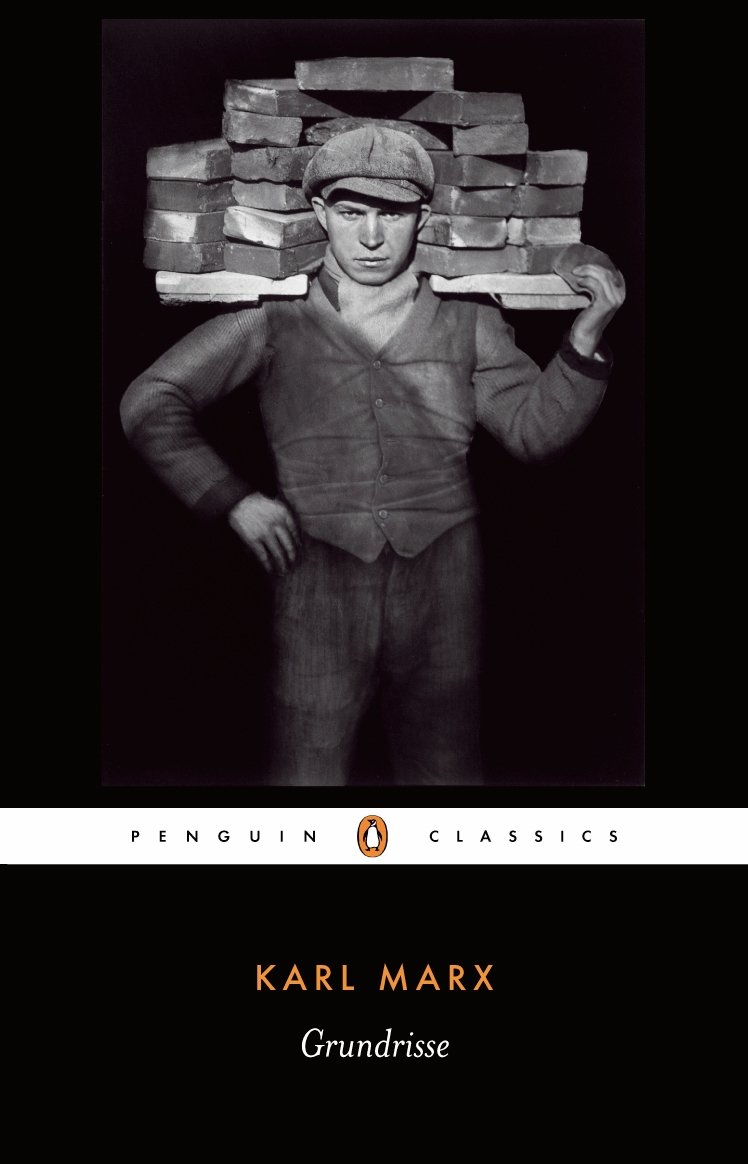Newly released
This book is new and will be uploaded as soon as it becomes available to us and if we secure the necessary publishing rights.

Grundrisse: Foundations of the critique of political economy
(0)
Author:
Karl MarxNumber Of Reads:
205
Language:
English
Category:
Social sciencesSection:
Pages:
448
Quality:
excellent
Views:
925
Quate
Review
Save
Share
Book Description
Karl Marx
Karl Heinrich Marx was a German philosopher, economist, sociologist, historian, journalist and revolutionary socialist (5 May 1818 - 14 March 1883). His ideas played an important role in the foundation of sociology and in the development of socialist movements. Marx was considered one of the greatest economists in history. He published several books during his lifetime, the most important of which are The Manifesto of the Communist Party (1848) and Das Kapital (1867–1894). Born into a wealthy middle-class family in Trier in the Prussian Rhineland, Marx studied at the University of Bonn and the University of Berlin, where he became interested in the philosophical ideas of the Young Hegelians. He was associated with Jenny von Westphalen in 1836 AD, and married her in 1843 AD after his studies. He wrote for a radical newspaper in Cologne, and began to develop his theory of dialectical materialism. After moving to Paris in 1843, he began writing for other radical newspapers.
Book Currently Unavailable
This book is currently unavailable for publication. We obtained it under a Creative Commons license, but the author or publisher has not granted permission to publish it.
Rate Now
5 Stars
4 Stars
3 Stars
2 Stars
1 Stars
Quotes
Top Rated
Latest
Quate
Be the first to leave a quote and earn 10 points
instead of 3
Comments
Be the first to leave a comment and earn 5 points
instead of 3